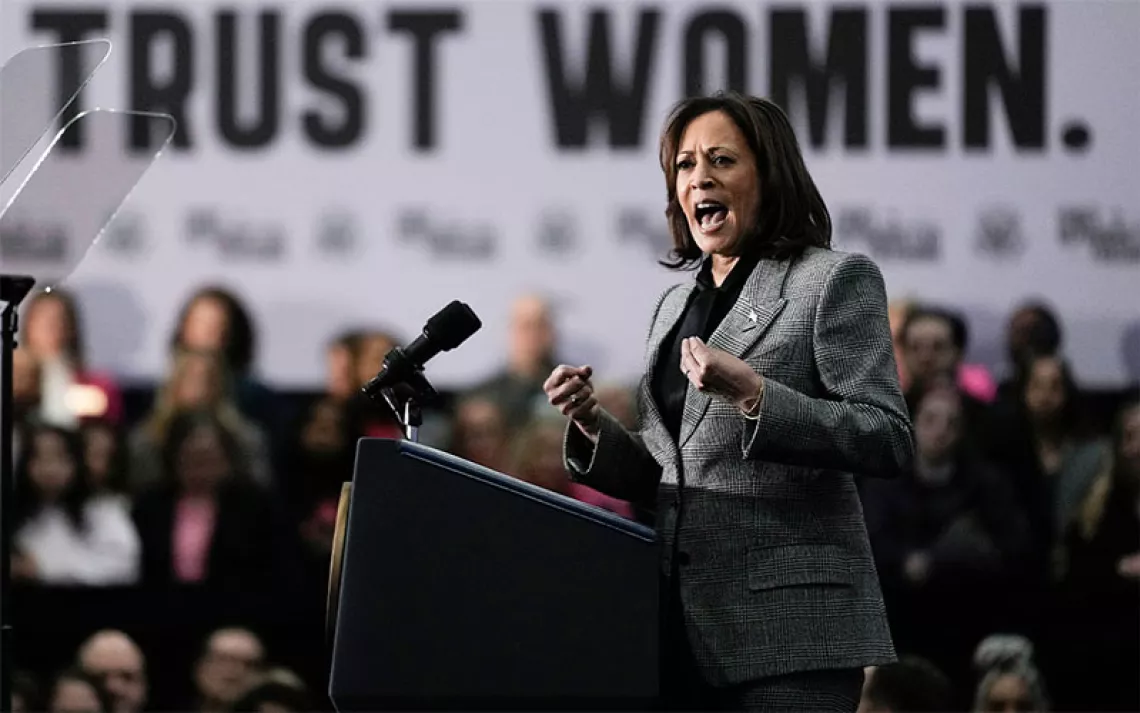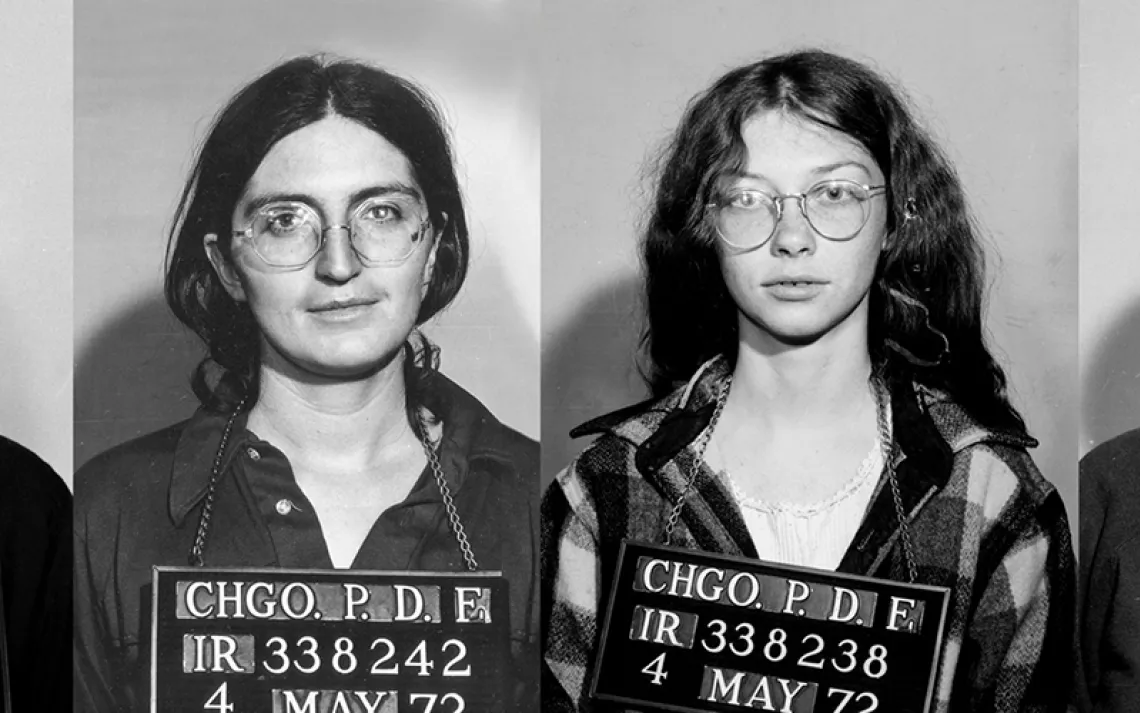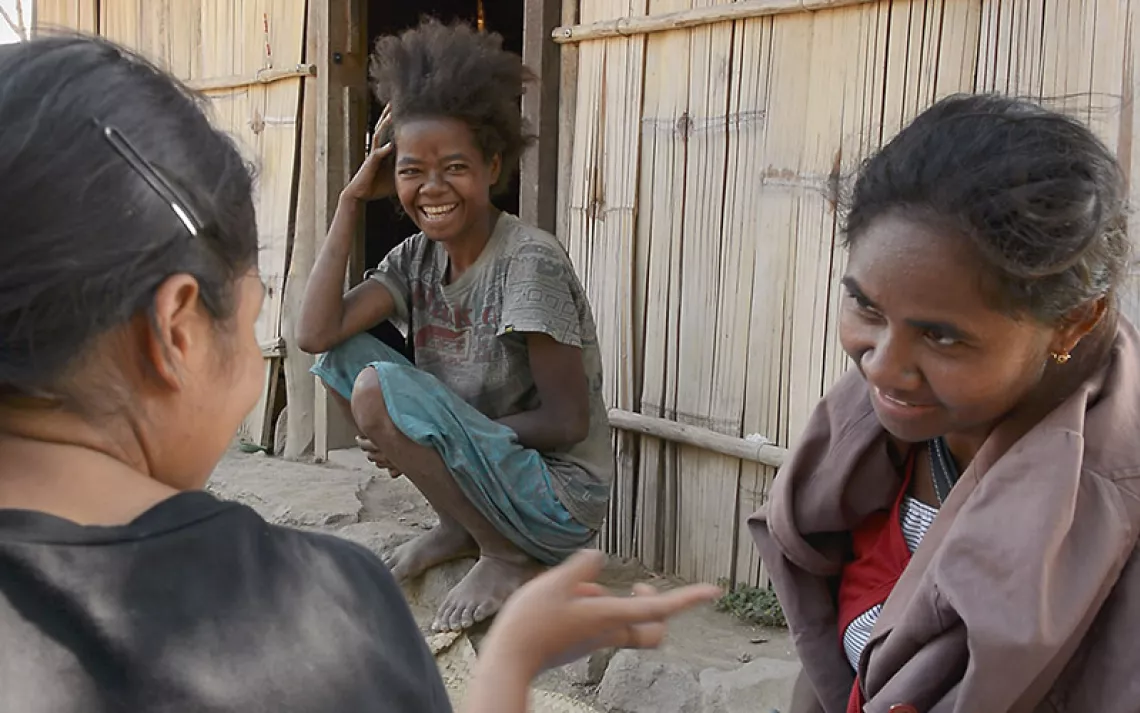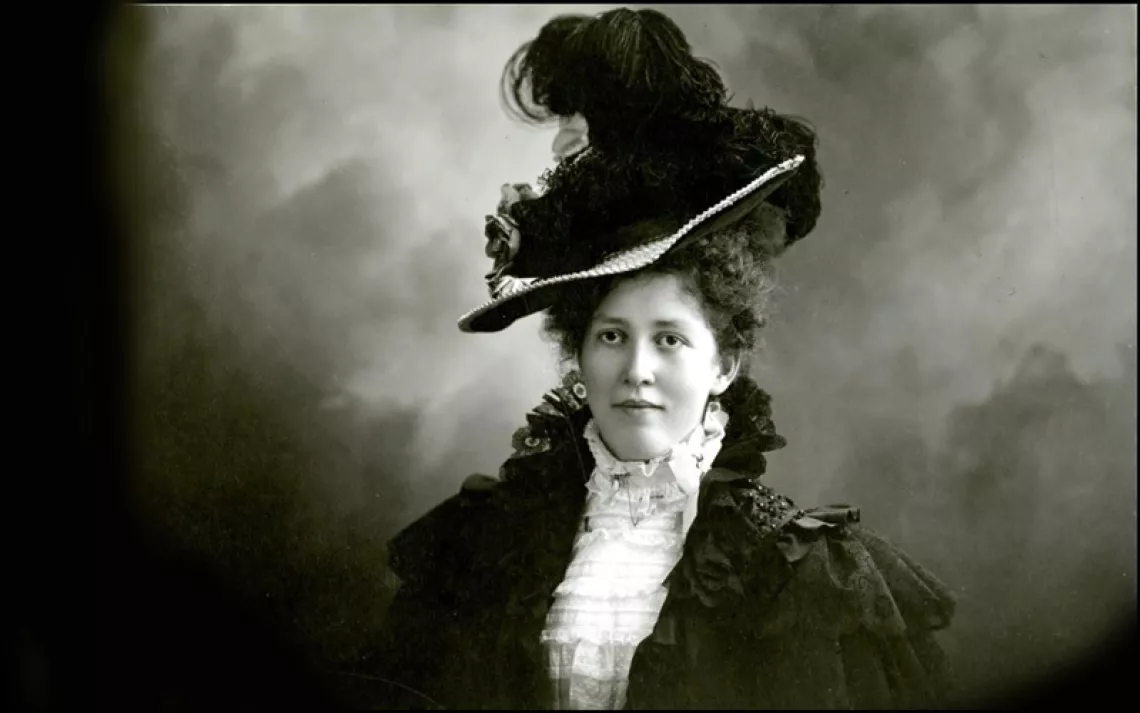Roe v. Wade Has Higher Stakes for Black Women
In the wake of Supreme Court's decision, I can't help wondering what will happen to Black women

Photo by Alllison Bailey/NurPhoto via AP Imaes
I was a sophomore at an all-girls Catholic high school when a classmate, a close friend at the time, got pregnant. She made the difficult decision to get an abortion for the same reasons many young girls do: She identified as low-income; she was on a scholarship. Like many women of color, she could not afford to have and raise a child. My friend was still struggling with that decision when our religion teacher addressed the question of abortion in class one day, making it that much harder on her. Our teacher graphically described a baby’s skull cracking. She called abortion a sin.
When the Supreme Court overturned Roe v. Wade, I thought of my friend. I thought of all the women of color who will be disproportionately affected by this decision. I especially thought of Black women, and what will happen to us in states where abortion is prohibited. The right to a safe abortion is just one of the many increased health risks—from maternal mortality to COVID-19 deaths—I have to worry about as a Black woman.
Black women are four times more likely than white women to have an abortion. Many can’t afford to support a child—25.7 percent of Black women are in poverty. Approximately one-third of Black children under the age of 18 live with single mothers, while only 6.5 percent of white children do. As Black women, we have less financial and emotional support than our white female peers.
In states where abortion is prohibited, where will Black women go? How many women will die after performing abortions themselves out of desperation? The Supreme Court’s decision makes me feel like I live in a country with a legal system that does not always have my best interests at heart.
Black Lives Matter Los Angeles cofounder Dr. Melina Abdullah believes Roe v. Wade is about more than women’s bodies. “What we are witnessing with the overturning of Roe is anything but a pro-life agenda,” she said. “It’s a pro-poverty agenda, a racist agenda, a sexist, patriarchal, and misogynistic agenda, a control agenda—an agenda that feeds the criminal system of injustice.”
Lack of access to a safe abortion is another means of control in a long list of ways that Black women have been suppressed.
Today I think about the women whom I call mother, sister, and friend. I think about the young girl who was my classmate years ago, about the difficult decision she had to make, and the fact that she had the constitutional right to make that decision. I think about all the young girls who now face that decision and may not have the right to a safe abortion. This is the continuation of a long battle on behalf of women’s rights. The Supreme Court decision doesn’t just affect Black women—it affects women of all colors, shapes, and sizes.
I fear the most for Black women. The women who look like me but didn’t attend private schools or go to a prestigious university, who can’t afford to raise children or to have an abortion. I find solace in knowing that Black people have demanded change—after Reconstruction, amid the Harlem Renaissance, and during the civil rights movement—and successfully convinced the American people that we deserve to be seen and heard. Regardless of whether a Black woman has an abortion or not, we are and will always be "the dream and the hope of the slave."
 The Magazine of The Sierra Club
The Magazine of The Sierra Club



